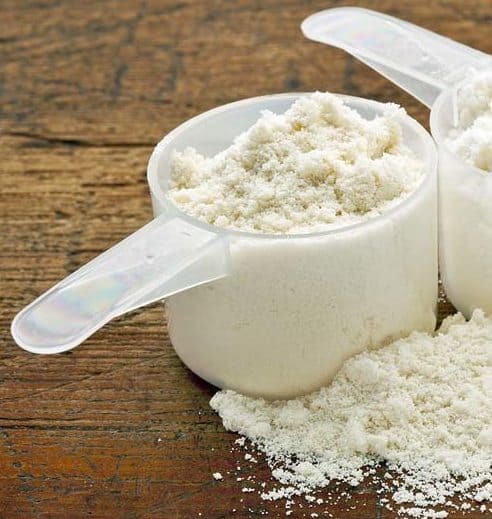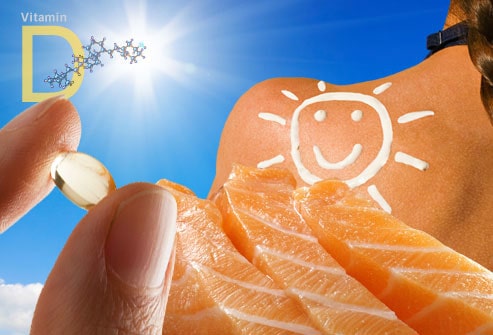A new study compared a “novel plant-based protein matrix” to whey and concluded there was no statistically significant differences on various end-points examined on athletes involved. It was a small study that ran 8 weeks.
The basic intent of the authors was to demonstrate that if you match the amino acid (AA) profiles of a plant protein to whey, the effects on what they tested are essentially the same. That’s not a surprise…
It’s also a bit manipulative, which plant based proteins match total EAA profile of animal based proteins, as well as BCAA, Leucine in particular? None.
If one is willing to mix and match various plant based protein to get said “novel plant-based protein matrix” to match AA’s to whey or other animal based proteins, yes, no real surprises there the effects will be similar to their animal based counterparts, in this case whey, on those endpoints looked at in those short time frames. While plant based proteins are of a lower quality then animal as a rule, all one needs to do is just eat more plant based proteins to make up for it in terms of effects on the “anabolic properties” compared to animal based proteins, and said “novel plant-based protein matrix” type products are not required. People should also keep in mind a product as used in that study is a highly processed product.
It’s also essential to note proteins have a lot more going on nutritionally speaking than their simple AA content, and that too needs to be taken into account. Specific to whey, whey has the unique ability to increase glutathione levels compared to any protein – animal or plant based – tested, due to its glu-cys moieties, as well as containing a long list of highly beneficial sub fractions such as lactoferrin and others. I was the first person to write about the various health/anti aging/disease prevention benefits of whey in the major magazines (pre internet!) circa mid 90’s BTW.
Conclusion: Unless one is set on using plant based protein sources, whey is the way to go in my view. If readers want my thoughts on vegan based nutrition in general, my lengthy article on the topic can be found HERE.
A Novel Plant-Based Protein Has Similar Effects Compared to Whey Protein on Body Composition, Strength, Power, and Aerobic Performance in Professional and Semi-Professional Futsal Players
Front. Nutr., 19 July 2022 Sec. Sport and Exercise Nutrition
Introduction: The effects of dietary protein on body composition and physical performance seemingly depend on the essential amino acid profile of the given protein source, although controversy exists about whether animal protein sources may possess additional anabolic properties to plant-based protein sources.
Purpose: To compare the effects of a novel plant-based protein matrix and whey protein supplementation on body composition, strength, power, and endurance performance of trained futsal players.
Methods: Fifty male futsal players were followed during 8 weeks of supplementation, with 40 completing the study either with plant-based protein (N = 20) or whey protein (N = 20). The following measures were assessed: bone mineral content, lean body mass, and fat mass; muscle thickness of the rectus femoris; total body water; blood glucose, hematocrit, C-reactive protein, aspartate aminotransferase, alanine aminotransferase, creatine kinase, creatinine, and estimated glomerular filtration rate; salivary cortisol; maximal strength and 1-RM testing of the back squat and bench press exercises; muscle power and countermovement jump; VO2max and maximal aerobic speed. Subjects were asked to maintain regular dietary habits and record dietary intake every 4 weeks through 3-day food records.
Results: No differences in any variable were observed between groups at baseline or pre- to post-intervention. Moreover, no time*group interaction was observed in any of the studied variables, and a time effect was only observed regarding fat mass reduction.
Conclusions: Supplementing with either a novel plant-based protein matrix or whey protein did not affect any of the variables assessed in high-level futsal players over 8 wks. These results suggest that whey protein does not possess any unique anabolic properties over and above those of plant-based proteins when equated to an essential amino acid profile in the population studied. Furthermore, when consuming a daily protein intake >1.6 g/kg BW.day−1, additional protein supplementation does not affect body composition or performance in trained futsal players, regardless of protein type/source.
Will Brink is the owner of the Brinkzone Blog. Will has over 30 years experience as a respected author, columnist and consultant, to the supplement, fitness, bodybuilding, and weight loss industry and has been extensively published. Will graduated from Harvard University with a concentration in the natural sciences, and is a consultant to major supplement, dairy, and pharmaceutical companies.
His often ground breaking articles can be found in publications such as Lets Live, Muscle Media 2000, MuscleMag International, The Life Extension Magazine, Muscle n Fitness, Inside Karate, Exercise For Men Only, Body International, Power, Oxygen, Penthouse, Women’s World and The Townsend Letter For Doctors.
He’s also been published in peer reviewed journals.
Will is the author of the popular e-books, both accompanied by private members forum access , Bodybuilding Revealed & Fat Loss Revealed.
You can also buy Will’s other books on Amazon, Apple iBook, and Barnes and Noble.





